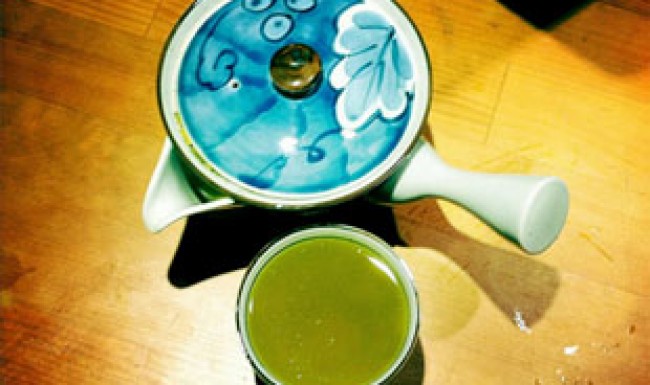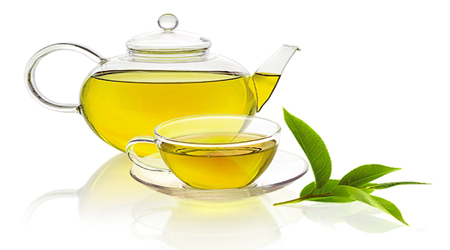As I have been living and working in China for quite some time I have consumed quite a lot of “green tea”, something that many Chinese consume on a daily basis. Many people have told me that drinking it often can can bring fantastic health benefits. So is it true? Can it fight disease, can it make you live longer and of course, can it make you lose weight? Check out this article and scientific study below and see what you think.
In my opinion, drinking green tea in not so large quantities is probably very healthy for you (especially if you enjoy the taste and enjoy it in the company of friends and family) but as with many of these magical health remedies and all the media reporting that goes a long with it, I feel we should take it with a pinch of salt (excuse the pun!) and realise that nutrition and what we put into our bodies is not about the immense power of “one” thing but more a interconnected collaboration of “many” things. In my country for example, the enjoyment of drinking tea is much preferred with a biscuit 🙂

Evidence shows that green tea extract in tandem with an additional compound could be effective for body weight control and type 2 diabetes.
Scientists report that green tea extract may be an effective herbal remedy useful for weight control and helping to regulate glucose in type 2 diabetes.
The active constituents of green tea are a certain type of flavonoid called gallated catechins, which have been shown to block glucose and fat uptake in the intestine. The authors had previously suggested that the amount of gallated catechins necessary to reduce blood glucose concentrations can be achieved from a daily dose of green tea.
However, the amount of green tea needed to decrease lipid uptake from the gut is higher and has been shown to have adverse effects in humans. Once in the bloodstream, gallated catechins can actually increase insulin resistance, which is a negative consequence especially in obese and diabetic patients.
A team of researchers led by Dr. Jae-Hyung Park from the Keimyung University School of Medicine in Korea tested the effects of green tea extract on body weight and glucose intolerance in both diabetic mice and normal mice fed a high-fat diet. To prevent a high dose of gallated catechins from reaching the bloodstream, the authors also used a non-toxic resin, polyethylene glycol, to bind the gallated catechins in the gut to prevent their absorption.
They then looked at the effects on the mice of eating green tea extract alone, and eating green tea extract plus polyethylene glycol. They compared these against the effects of two other therapeutic drugs routinely prescribed for type 2 diabetes.
The scientists found that green tea extract in isolation did not give any improvements in body weight and glucose intolerance. However, when green tea extract was given with polyethylene glycol, there was a significant reduction in body weight gain, insulin resistance and glucose intolerance in both normal mice on a high fat diet and diabetic mice. The polyethylene glycol had the effect of prolonging the amount of time the gallated catechins remained in the intestines, thereby limiting glucose absorption for a longer period.
Interestingly, the effects of the green tea extract in both the intestines and in the circulation were measurable at doses which could be achieved by drinking green tea on a daily basis. In addition, the effects of green tea extract were comparable to those found when taking two of the drugs which are currently recommended for non-insulin dependent diabetes.
The authors concluded that “dietary green tea extract and polyethylene glycol alleviated body weight gain and insulin resistance in diabetic and high-fat mice, thus ameliorating glucose intolerance. Therefore the green tea extract and polyethylene glycol complex may be a preventative and therapeutic tool for obesity and obesity-related type 2 diabetes without too much concern about side effects.”
The article can be found at: Park et al. (2013) Green tea extract with polyethylene glycol-3350 reduces body weight and improves glucose tolerance in db/db and high-fat diet mice.









Leave A Response